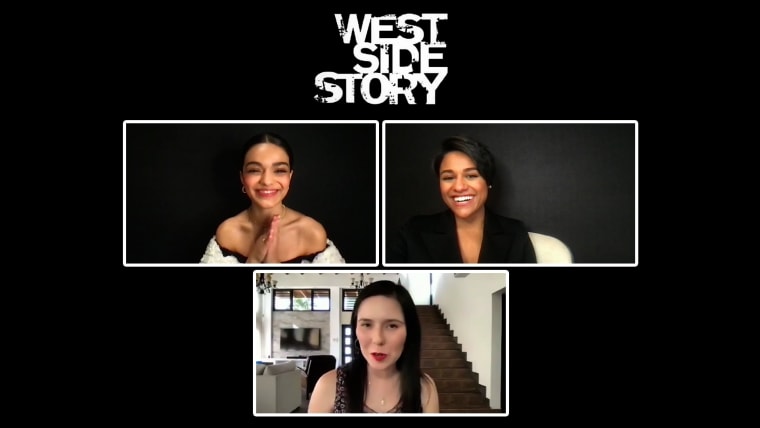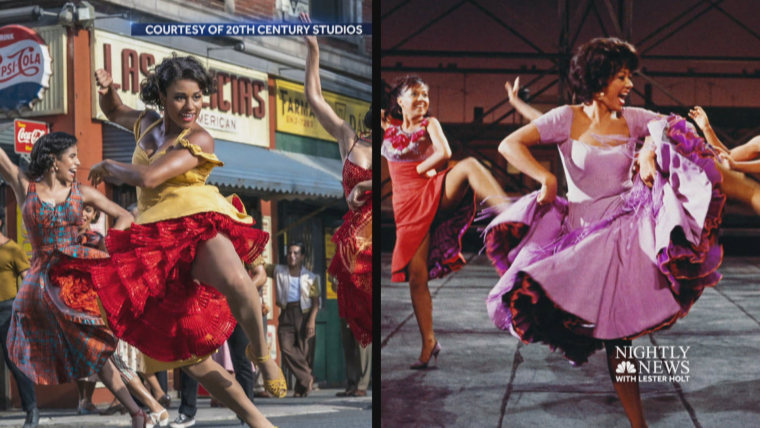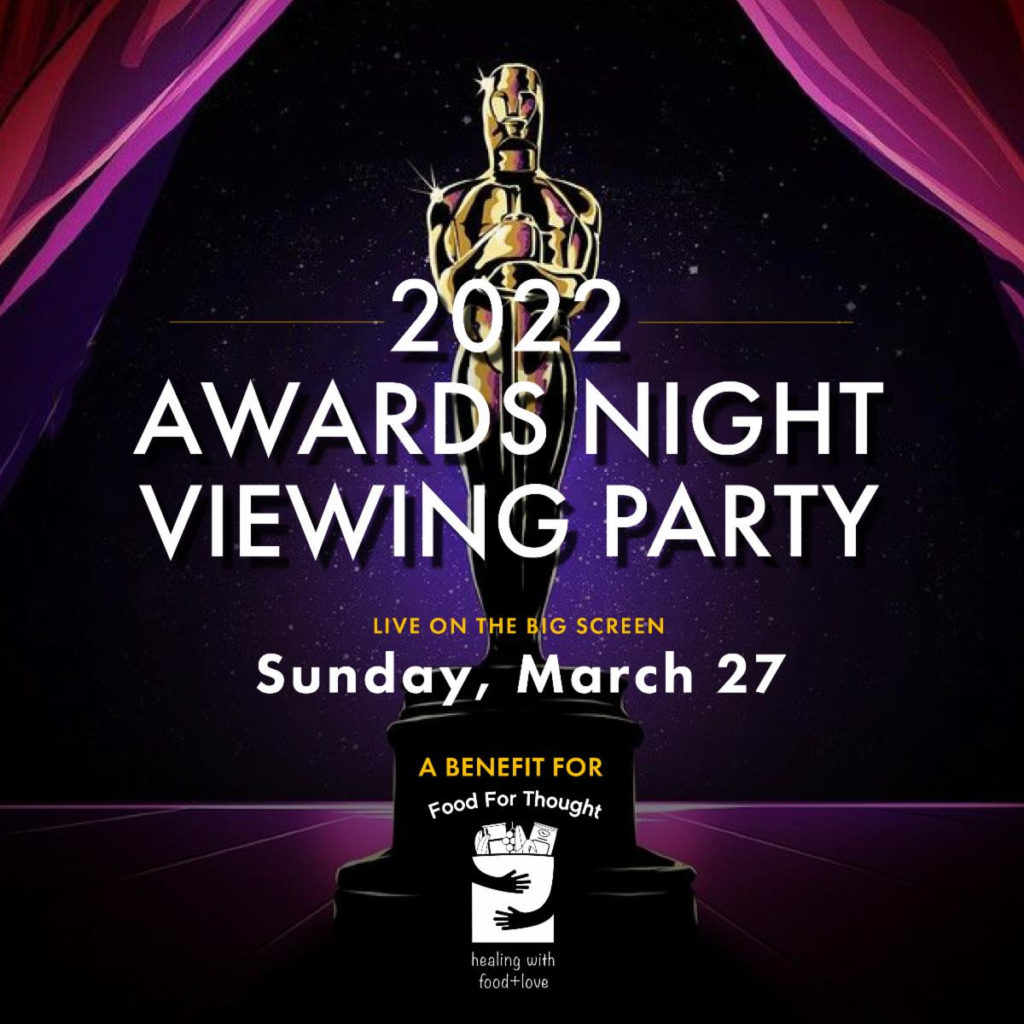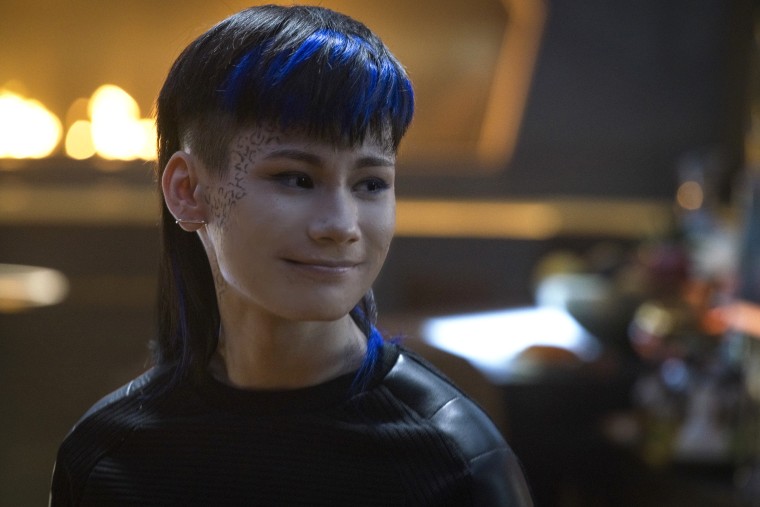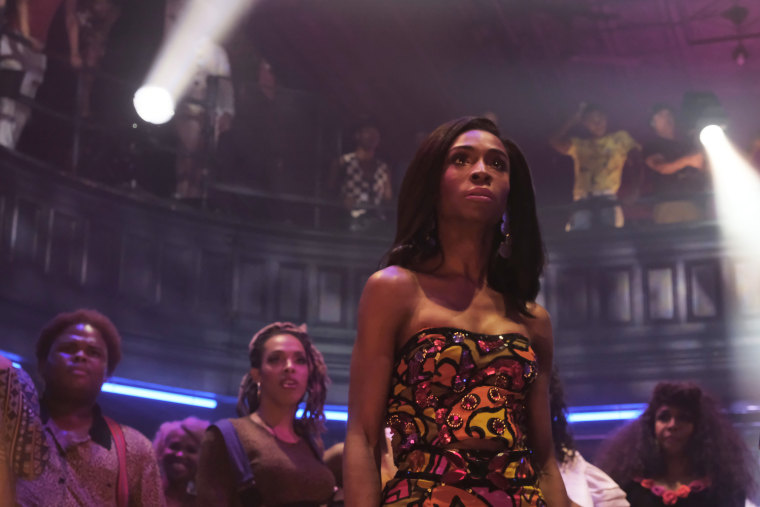Bollywood filmmaker wanted to tell gay soldier’s story – but India’s government say that’s ‘illegal’
A gay Bollywood’s director has blasted the Indian government’s decision to ban his film about a gay army officer.
Onir, born Anirban Dhar, is best known for Mr Brother…Nikhil, one of the first mainstream Hindi films to explore HIV and same-sex relationships.
Inspired by the real-life story of gay retired army officer Major J Suresh, who quit the forces over his sexuality, the filmmaker has proposed the film We Are.
But India’s Ministry of Defence has allegedly blocked his efforts over its “illegal” depiction of queer soldiers, given that LGBT+ personnel cannot serve openly in India’s armed forces, NDTV reported.
For Onir, the government has exploited a requirement introduced two years ago that demands filmmakers to be granted clearance from the defence ministry to produce films concerning the armed forces.
Indian filmmaker just wanted to tell story of a ‘gay soldier who falls in love’
He told The Independent that the government did not award his script a No Objection Certificate, having applied in December.
“Which itself is problematic,” Onir told the British newspaper, “because India has a film-certification board that should be doing this work.”
Onir received a terse email from the government agency after sending the script for approval, he claimed.
“I wanted to do something which celebrated it while also highlighting the way forward in terms of securing civil rights and changing societal perceptions [of the queer community],” the 52-year-old said.
We Are, the forthcoming sequel to Onir’s 2010 movie, I Am, is to be an anthology film of our queer romances that commemorates the Supreme Court’s milestone 2018 verdict that, at long last, decriminalised homosexuality.
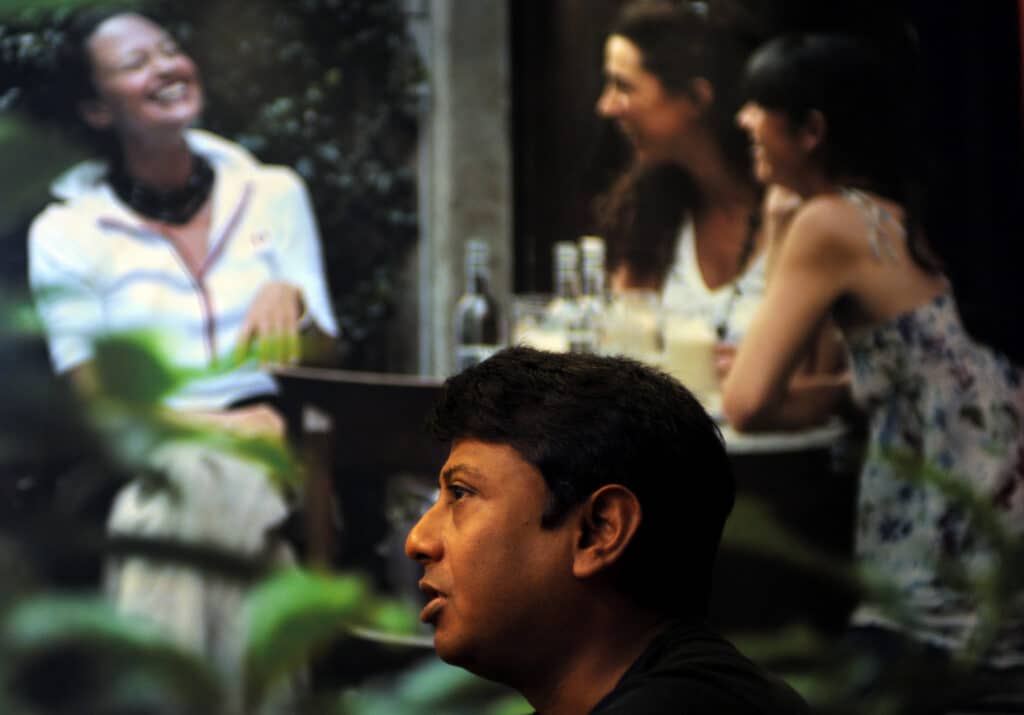
Among the four stories was Suresh, who first wrote on his weblog, Personal Blog of an Out & Proud Indian Major, in 2020, about the struggles he faced when “reconciling the military/ex-military part and the gay part” of his life.
He had long felt that the two “can’t/don’t fit together”.
“But I have slowly realized that this was an absolutely unwarranted struggle that I had subjected myself to – probably driven by lower social acceptance levels in India,” he added.
Suresh’s story, Onir said, was “interesting” and inspired the “fictional” retelling.
“I wrote about a gay army man who falls in love,” Onir explained, “realises he can’t express his love openly while serving in the army, quits and finally reaches out to his lover.
“I don’t even get into any discourse of whether it’s right or wrong.”
PinkNews reached out to the Ministry of Defence for comment.
